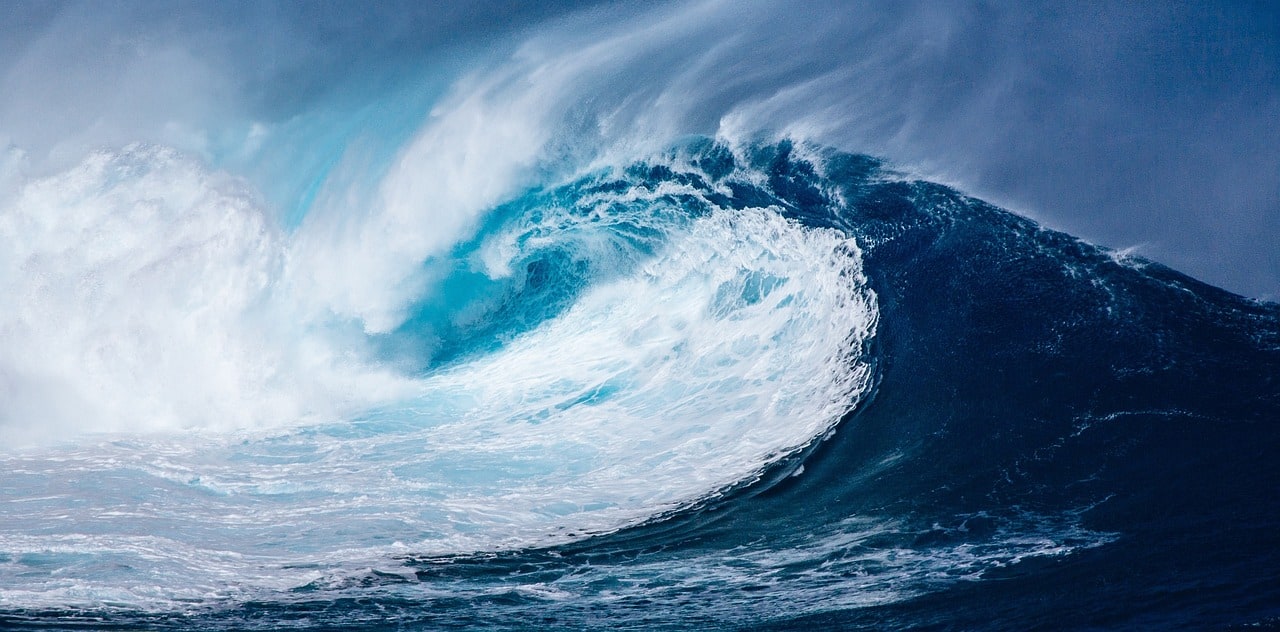The word “bunkering” is said to come from the times when coal was used for ship fuel. We have moved a long way from these days but the risks and concerns regarding “firing up” of ships have not even slightly disappeared.
The bunkering process has both economical and environmental affect. Because of the high risks related to bunkering, the process is highly regulated by marine law.
What is bunkering?
Bunkering is defined as the process of brining fuel on board. The actual fuel can be of various kinds. The process is dangerous and risky and heavily regulated. The storage where fuel is kept is still called a “bunker tank” although people have moved from bunkers long time ago.
Bunkering concerns all fuelling of ships of all kinds on the high seas, inland waterways and within the ports of a country. Previously bunkering was done only at big ports but nowadays the service has evolved and is offered in almost all ports. Bunkering mostly relates to supplying fuel to vessels but it can include supplying water and other resources to the crew as well.
Bunkering can be shore based or static or it can be vessel based or mobile. Different vessels and situations require different bunkering approaches.
Contracting
Bunkering is a legitimate but risky business. Contracts for the supply of bunkering fuel may cause a number of challenges for ship owners, contractors and suppliers. On a close look at the bunkering agreement one can see that there are numerous liabilities arising from such a contract.
Contracts for bunkering fuel usually contain clauses related to quality and quantity but suppliers often include provisions like “the seller does not provide any guarantee nor warranty as to the satisfactory quality, fitness or suitability of products provided” which can make it harder to file quality claims.
A typical provision in a bunkering contract will exempt the supplier from all liabilities related to after delivery usage, accidents and injuries.
Spills during bunkering however, are the liability of the side that is at fault for the spill and sellers usually have the right to take any necessary measures to minimize the damage.
Bunkering contracts are quite complicated because they involve not only the seller, but affiliates of the seller, whip owner and crew and each of them has a role in the bunkering process.
In short – the bunkering supplier is usually the strong side of the contract agreement where the vessel or ship owner engineers and crew need to take the necessary precautions to avoid any misconduct or danger.
Bunker Fuel on Board
Before the bunkering of fuel actually takes place, the necessary preparations need to be made by the crew and captain. There are several main areas of preparation:
– preparing the tanks
– preparing the vessel
– testing the fuel
– briefing of the crew
There are very specific checklists that surround the bunkering process and each of them is listing the details that need to be checked before the process is initiated. It is a time-consuming process that needs to be taken care of very well. In the end, is it better to risk a spill?
The bunkering of fuel is so risky for the ship’s engine and the environment that after each bunkering, a set of samples is taken to specialized laboratories. It may take a few days before the results come back and there is a confirmation that the fuel bunkered is as per contract. By this time none of the bunkered fuel can be used for the fueling of the vessel.
Many issues on the ship can arise from the poor fuel quality or poor fuel treatment on board. In most cases the reasons for these issues are caused by heavy fuel oil (HFO).
Regulations Of Fuel Quality
The riskiness of HFO is the reason why more and more regulations on fuel quality have been passed in the last years. The aim is to reduce the sulphur levels of fuel oils and to move towards low sulphur fuel oils (LSFO). These attempts, however, can cause additional problems for ship owners and crews – in the attempt to decrease sulphur levels, oil density and quality might be decreased. This further stresses the need for sampling of oil fuels and contracting only with reputable suppliers.
There are strict on ship regulations and standards that every shipping company sets. The reason for their concerns is that low-quality or contaminated fuel can be the cause of a damaged engine.
Sulphur levels in fuel are highly regulated by different authorities on state and union level. For example, the EU has its own standards. The International Marine Organization (IMO) has committed to adopt <0,5% sulphur in fuel oils by 2020-2025. These provisions are expected to increase the use of LNG as main vessel fuel provided the correct bunkering structures are available.
LNG as vessel fuel has several positive effects and that’s why it is the goal of IMO:
– removes totally the sulphur and particulate matter emissions
– 15% lower greenhouse gas effect
– in four stroke engines in decreases the NO emissions by almost 90%
Regulatory bodies have installed fines for ship owners and suppliers that provide fuel with high sulphur levels. The biggest weight of those however lies on the ship owner, as liabilities of sellers after delivery are rarely present. Thus, we need to stress once again the utmost importance of contracts and sampling.
Bunkering and Marine Activities
Bunkering in itself is part of marine activities. It is a supporting service that supplies fuel to ships but raises great environmental, economical and human rights issues.
One of the latest issues concerning marine activities has been the illegal bunkering of ships, which is done for both economical and legal reasons. There are many people involuntary involved in illegal bunkering and the provisions are for stronger ties to control the processes of bunkering at shore and at sea.
Regulation of fuel is one way to decrease the harm of bunkering to the vessels and environment but it is no secret that the majority of people employed in bunkering are working in horrible conditions.
As the environmental issues continue to affect marine law, bunkering will continue to receive great attention from green organizations. Many bunkering suppliers are taking the initiative to standardize their fuel as per the ISO 8217:2010(E) that requires low levels of sulphur and precautions related to spill risks.
There are both challenges in compliance and great consequences for non-compliance to bunkering regulations. The main concerns, however, can be addressed by automation of processes using clear instructions, checklists, multiple sampling, understanding risks and regulations, and careful contract revision.



